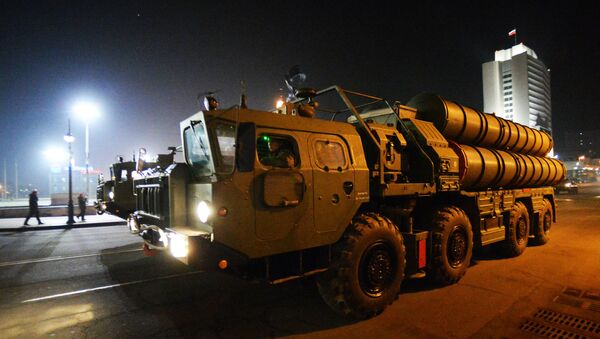"[Russia and India] remain the closest partners, and all our defense industry agreements are being implemented. It concerns the purchase of S-400s and the joint production of Ka-226 helicopters, and many other projects. Do the sanctions create difficulties? Yes, they do, of a certain kind. But, frankly speaking, these difficulties are surmountable," Kudashev said, adding that solutions to overcome these obstacles would undoubtedly be found.
Commenting on US threats to impose sanctions against India if it purchases Russia’s S-400s, the ambassador said that Washington had never supported the Russian-Indian defense industry cooperation.
"The current situation is not an exception. A distinctive feature of the present time is the sanctions against Russian producers, which are a means of unfair competition and which are pursuing the goal of driving Russia out of the Indian defense sector and its military and political space," Kudashev explained.
Russia and India have enjoyed close mutually beneficial ties in the field of defense and military cooperation since the Soviet times. The two countries are currently holding negotiations regarding deliveries of the S-400s, which is expected to be signed in the second quarter of this year.
READ MORE: US Congress Willing to Consider New Sanctions on Russia — House Speaker Ryan
On Friday, Indian Defense Minister Nirmala Sitharaman said India and Russia had reached a final stage in negotiations on supplies of S-400 Triumf air defense systems.
On April 6, the United States imposed new sanctions on Russia under the Countering America's Adversaries Through Sanctions Act (CAATSA) over Moscow's alleged global destabilization efforts.
The sanctions list included senior government officials and lawmakers, as well as state-owned and private companies, including Russian military equipment exporter Rosoboronexport. Any third party that carries out major transactions with the sanctioned companies is liable for punitive measures under the act.


